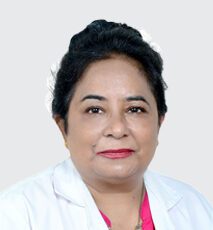Pathology
Best Pathology Hospital in indore
Overview
The Department of Pathology provides the diagnostic facilities and catering services for microbiology, immunology, molecular biology, infectious diseases, biochemistry, haematology, clinical pathology, cytology, and histopathology. The Department of Pathology has been the backbone for the diagnosis and therapy monitoring for the patients. The department has a menu of 750 tests with a team of 75 qualified and skillful paramedical staff to help in the technical activities. The department offers the diagnostic facility not only to our patients but also to other health care centers. To cater to the diagnostic services further, satellite collection centers have been created to provide help for the patients in adjoining areas of Indore and various parts of the State. A home sample collection facility is also provided for the convenience of the patients.
Services
Quality Control
To avoid pre-analytical errors, blood samples are collected by skilled technicians using internationally acclaimed Vacutainer systems. The department participates in national and international quality control programs. Internal and external quality control samples are run regularly to monitor quality. With the quality control measures in place, the medical fraternity of M.P. relies strongly on the test reports of the department.
Haematology
Coulter HMX Transasia XT-1800i (5 Part differential counter) and Sysmex KX21 (3 Part differential counter) are the working horses for Haematology. The department participates regularly in the International QC program EQUAS and scores high rank regularly. Coagulation studies are carried out using Stago Analyzer and Stago QC controls and are run daily for QC checks. During the Dengue outbreak, Haematology & Blood Banking together with Microbiology played a key role in providing diagnostic and therapeutic monitoring facilities for the city.
Clinical Pathology
Roche Urine Analyzer has been a boon. The unit can analyze over 100 samples daily (Urine, stool, body fluid, etc).
Blood Bank
The blood bank collects over 800 units of blood every month from voluntary and relative donors and offers an array of blood components for optimal utilization of the precious biological material. The blood bank has a huge capacity of storage of blood and components in the form of a walk-in cooler kept at -30 deg C deep freeze. The facility is not only used by CHRC but also by several nursing homes and hospitals in the city. The components are given at subsidized rates and include FFP, platelet-rich plasma and packed RBCs. We boast of our stringent screening of blood units for HIV, HBsAg, HCV, and RPR.
Biochemistry
The Biochemistry Division is equipped with fully automated equipment such as Hitachi 704, MTA 500 blood gas analyzer, Easy-lyte electrolyte analyzer, and chromatography facility. Recently we have also acquired two Emola (Randox access Biochemistry analyzer), ABL 555 blood gas analyzer, densitometer (RAL) for Quantitative protein and haemoglobin electrophoresis. Spectrophotometer (Thermo) and sweat chloride analysis has also been added. Therapeutic drug analysis is also offered by the department.
Histopathology
Histopathology unit has a creditable facility of frozen section cutting, besides routine biopsy processing. Cytology of cervical smears, sputum and of all body fluids is done. The department is reputed for reporting on fine-needle aspiration. Immune-marker studies like ER-PR, HER-2-NEU have been added recently.
Microbiology Lab
It provides facilities for aerobic, anaerobic and fungal cultures. The Bactec 9050 automated system for Blood Culture has been a boon for the entire city. It also provides a bacteriological analysis of water, food analysis, sterility testing, disinfectants, and anti-microbial testing facility. The lab is perhaps the only lab making autovaccine (for recurrent throat and respiratory infections, oral ulcers, nasal polyps, acne, asthma, recurrent boils, and warts) in India and a large number of patients have benefited with our autovaccine. The lab also prepares autovaccine for treating viral warts. Identification and drug sensitivity using automated Phoenix have been now introduced for greater precision. The department has participated in several international Programmes on the surveillance of bacterial drug resistance and performs weekly Q.C. using CLSI standards.
The department has done extensive epidemiological work on infectious diseases like tuberculosis, typhoid, viral hepatitis, malaria, chikungunya, dengue, leptospirosis, HIV, etc. and provided valuable information to state health authorities. Ministry of Health and family welfare in the process of establishing/strengthening public health laboratories has sought expertise from our Microbiology Department.
HLA Lab
With the renal transplant facility at CHRC, the HLA lab was set up in 1987 and HLA typing (ABC, DR) and cross-matching is being done since then. HLA B27 has been a popular test at our end and samples are received from various parts of the state. Microbiology gives help not only in the diagnosis but has given pivotal support in Infection Control and BMW management program. It is worth mentioning that the surveillance program conducted by the Microbiology lab on infectious diseases such as malaria, dengue, typhoid, and cholera gives valuable information to the local health authorities and helps in controlling outbreaks.
Mycobacteriology Lab
The laboratory has established the entire array of investigations for the diagnosis of tuberculosis including detection and differentiation of M. tuberculosis and MOTT by Real-Time PCR, T-Cell interferon tests. The growing need for tuberculosis diagnosis forced us to develop a separate Mycobacteriology lab which is recognized as an Intermediate Reference Lab by RNTCP. Dr. Nanda Hemvani, working on the research program has designed and developed a phage-mediated assay for the drug susceptibility testing of TB bacilli from direct clinical samples and the new method can yield results in 48-72 hours, against conventional methods which take 6-8 weeks. The new method is expected to revolutionize drug sensitivity reporting for TB patients. Multiple drug resistance detection using Gene Expert will be available soon.
Molecular Biology
PCR technique was introduced way back in 1995 in the lab and with the introduction of Real-Time PCR System, Rotor gene 3000, Corbett Research Australia in 2006, the full-fledged molecular biology has evolved. The viral loads/detection is done for HIV, HBV, HCV, Dengue, HSV, JE, Chikungunya, Influenza A, TB, Bird flu, etc. Shortly the facility for thalassemia gene mutation, cancer detection, drug-resistant detection will be added.
Immunology
The unit boasts of the immuno-fluorescent technique for ANF, Auto-immune Liver diseases, Atypical Pneumonia, Renal Immunofluorescence, Platelet antibodies, etc.
The antibody/antigen tests are being carried out for all the infectious diseases including TORCH, Herpes, Measles, mumps, amoebiosis, dengue, leptospira, and several others. The lab has an entire gamut of markers for viral hepatitis and has carried out extensive epidemiological work in the area. The cancer markers, hormones, metabolites like homocysteine, B-12, Ferritin, cardiac markers, and other diagnostic analytes are assayed using three efficient automated systems namely Architect (Abbott), Cobas e 411 (Roche). The lab participates in the international EQUAS QC Programme. Immunoglobulin assay, RA, ASO, CRP, Immunoglobulin, Complement, microalbumin assay are performed using immunoturbidimetric. New tests are being continuously added for improving disease diagnosis e.g. BNP, Anti CCP, ASCA, Allergen testing was added to the list in 2010. Further, the following are the
new additions:
1. Fibrinogen
2. +Tg.IgA
3. HS CRP
4. Vitamin D
5. Gliadin IgA
6. Ionized Calcium
7. Sweat Chloride
8. Serum Copper
9. Haem – Factor VIII
10. Arthritis Profile
11. Pituitary hormone
12. Phospholipid
13. Anaemia Profile
14. ANA Profile
15. Diabetes Monitor
OUR DOCTORS
Dr. ALKA JAIN
MBBS,DTM CONSULTANT
Dr. Alka Jain Consultant Pathologist Email alkajain287@yahoo.com OPD Timings Monday(10.00AM…
Dr. NANDA HEMVANI
PHD CONSULTANT
Dr. Nanda Hemvani Consultant Pathologist OPD Timings Monday( 10.00AM TO…
Dr. PRIYANKA BHAGAT
MD CONSULTANT
Dr. Priyanka Bhagat Consultant Pathologist Education 2008 MBBS Gandhi Medical…
Dr. RAHUL JAIN
MD,MHA,MBBS CONSULTANT
Dr. Rahul Jain Consultant Pathologist Education 2015 MD Maharshi Dayanand…
Dr. S.P. JAISWAL
IBRI, PDCR, MBA, MSC, BSC, PHD HOD CONSULTANT
Dr. S. P. Jaiswal Consultant Pathologist Education 2015 D. Biostatistics…
Dr. SATISH PHATAK
MD CONSULTANT
Dr. Satish Phatak Consultant Pathologist Education 1981 MBBS Indore University…
- About The Hospital
- Departments
- Anaesthesia
- TRANSFUSION MEDICINE & BLOOD BANK
- Burn Surgery
- Cardiac Services
- Casualty
- Dentistry
- Dermatology
- Dietetics
- Ear Nose And Throat
- Endocrinology
- Gastrointestinal Surgery And Liver Transplantation
- Gastroenterology
- General Surgery
- Interventional Spine And Pain Centre
- Medicine
- Nephrology
- Neurology
- Neuro Surgery
- Nuclear Medicine
- Obstetrics And Gynaecology
- Oncology
- Ophthalmology
- Orthopaedics
- Pathology
- Pediatrics
- Pediatric Surgery
- Physiotherapy
- Plastic Surgery
- Pulmonary Medicine
- Psychiatry
- Radiology
- Radiotherapy
- Rheumatology
- Urology
- Doctor
- Patient
- Academics
- Media Center
- Blogs
- Career
- Contact Us







.jpg)

.jpg)


.jpg)
.jpg)

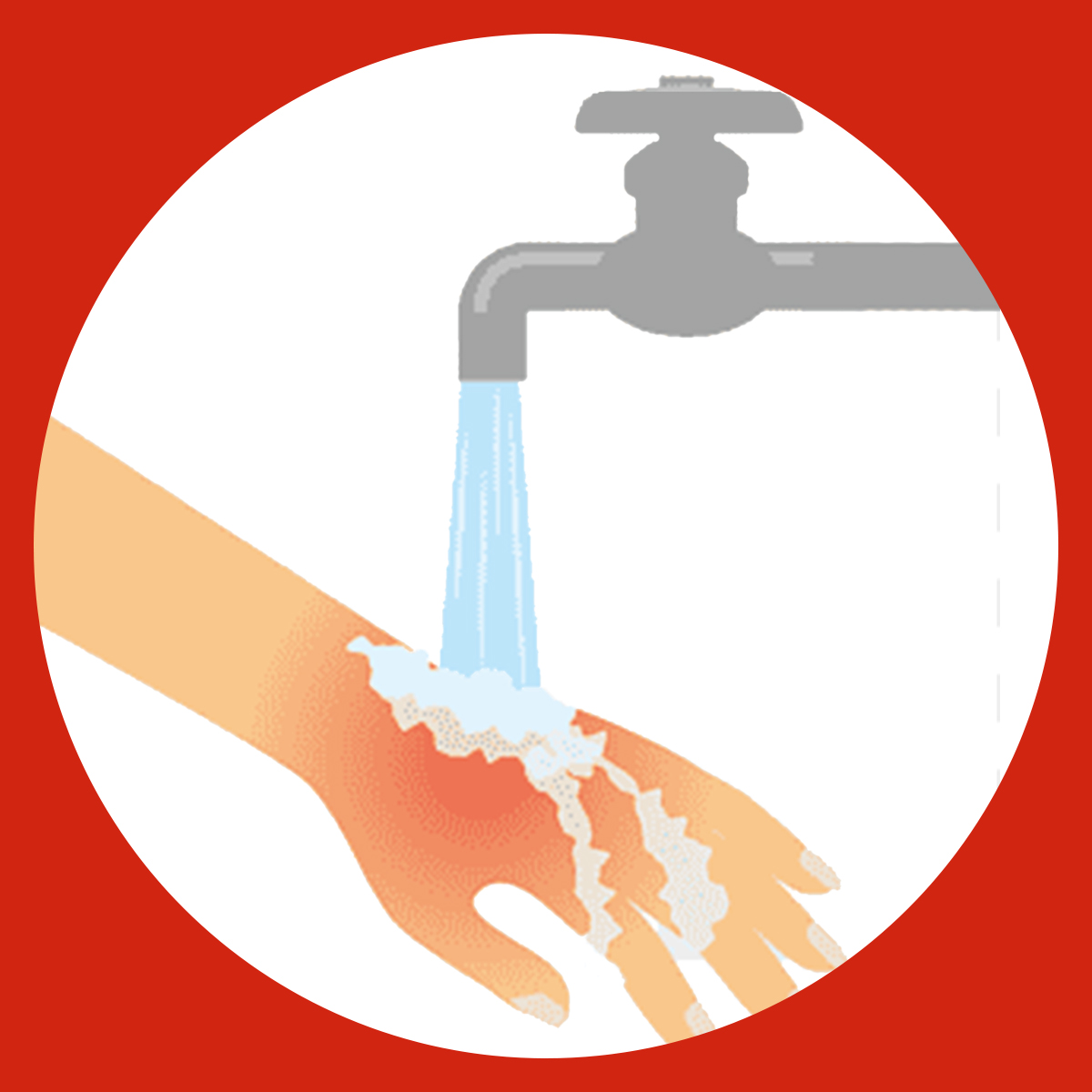
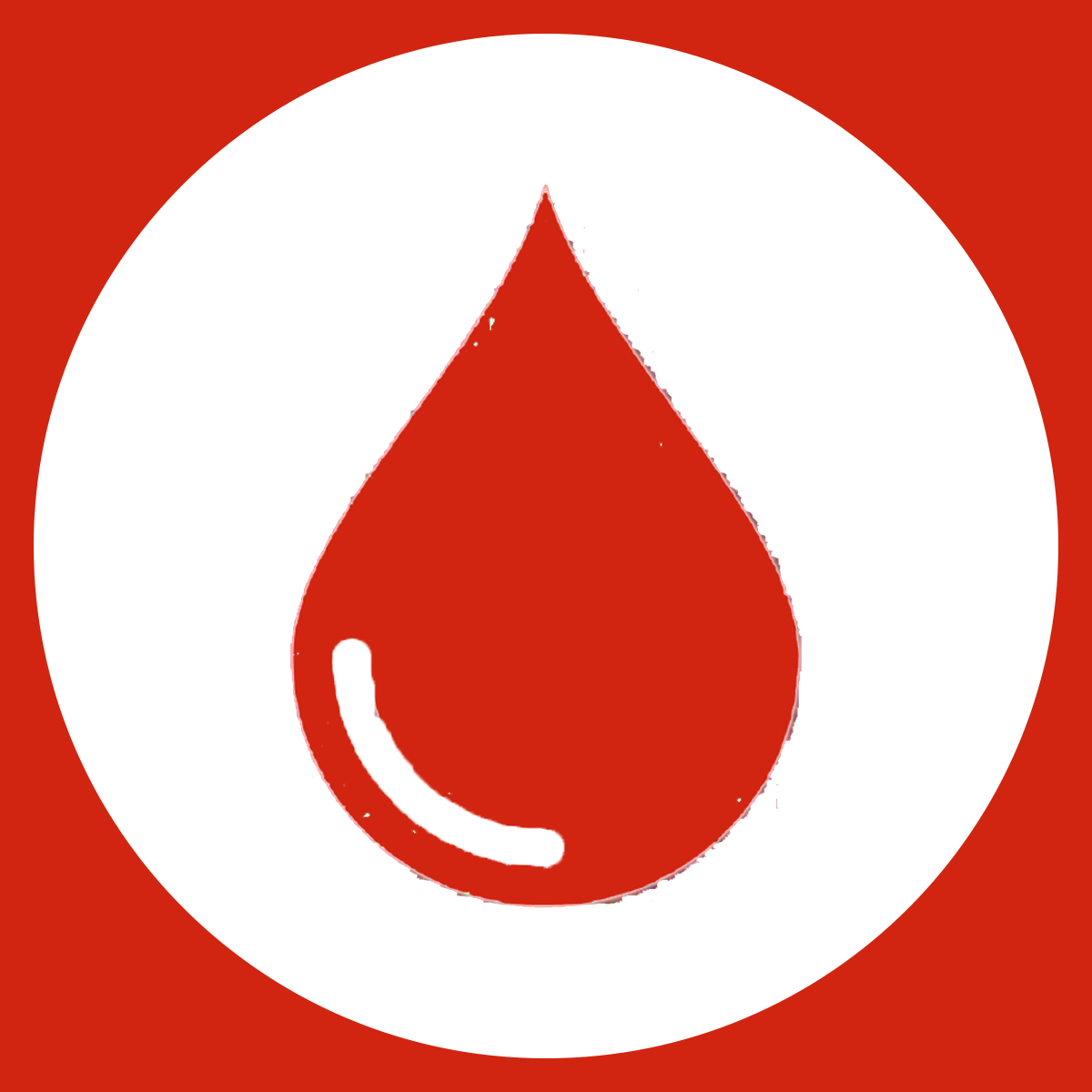


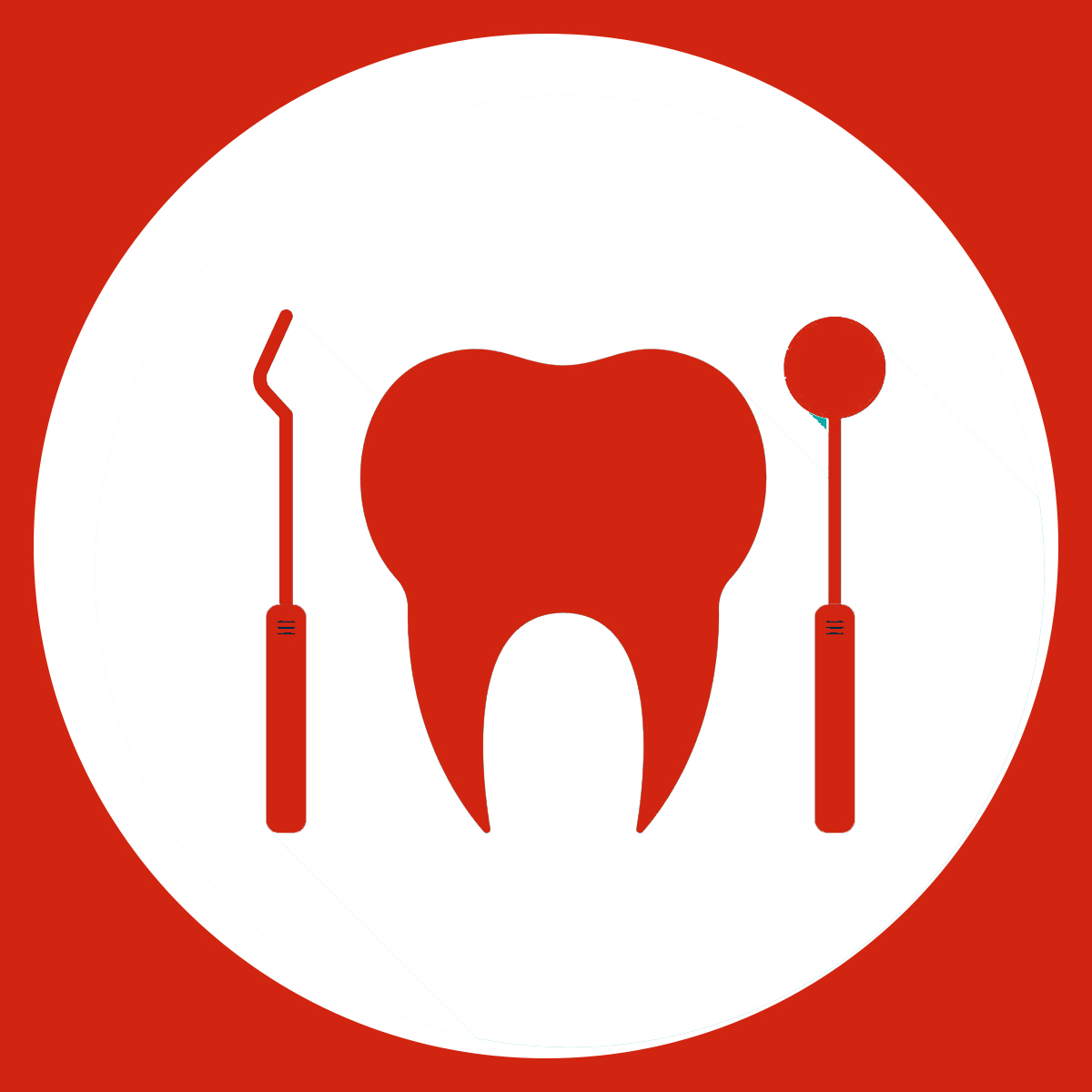
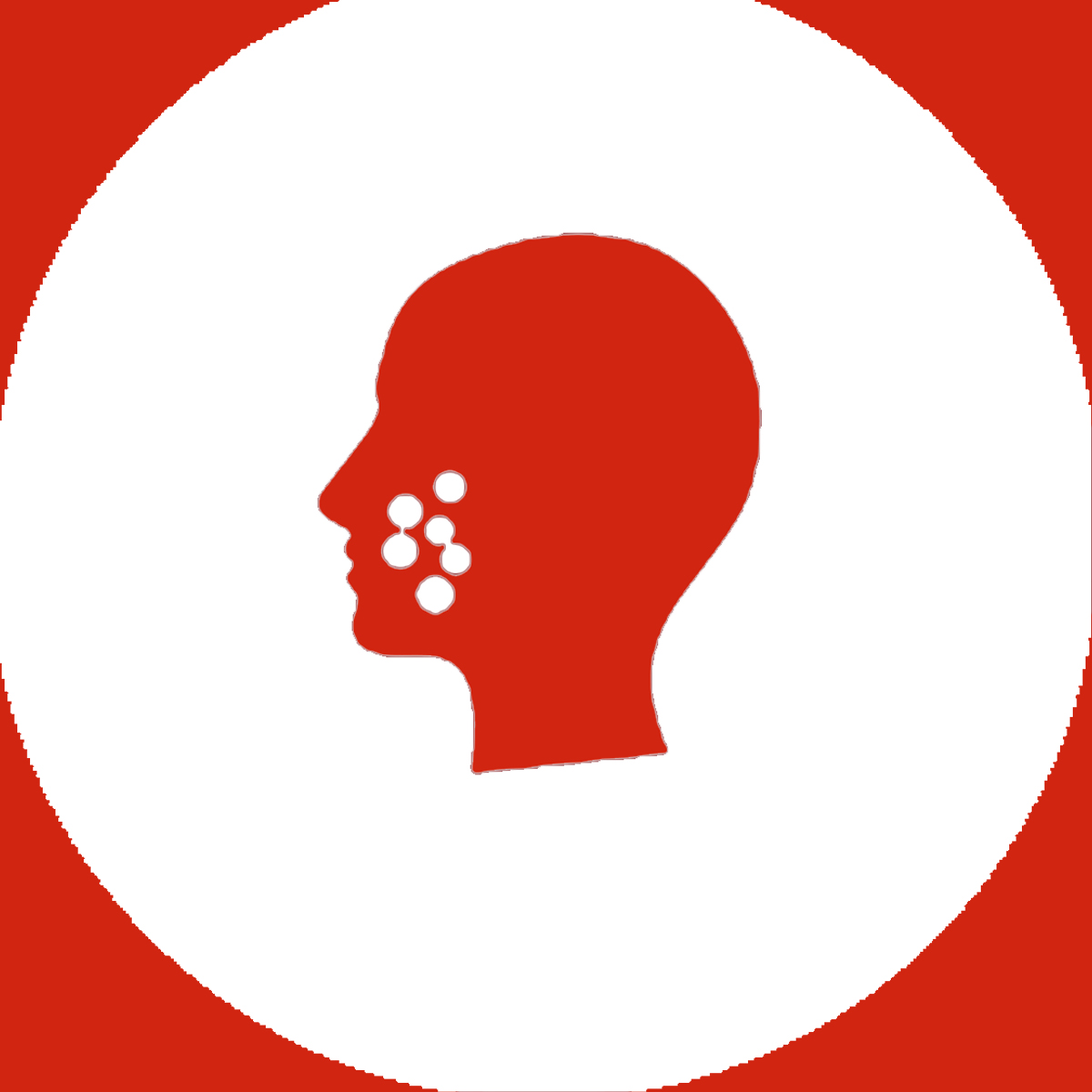
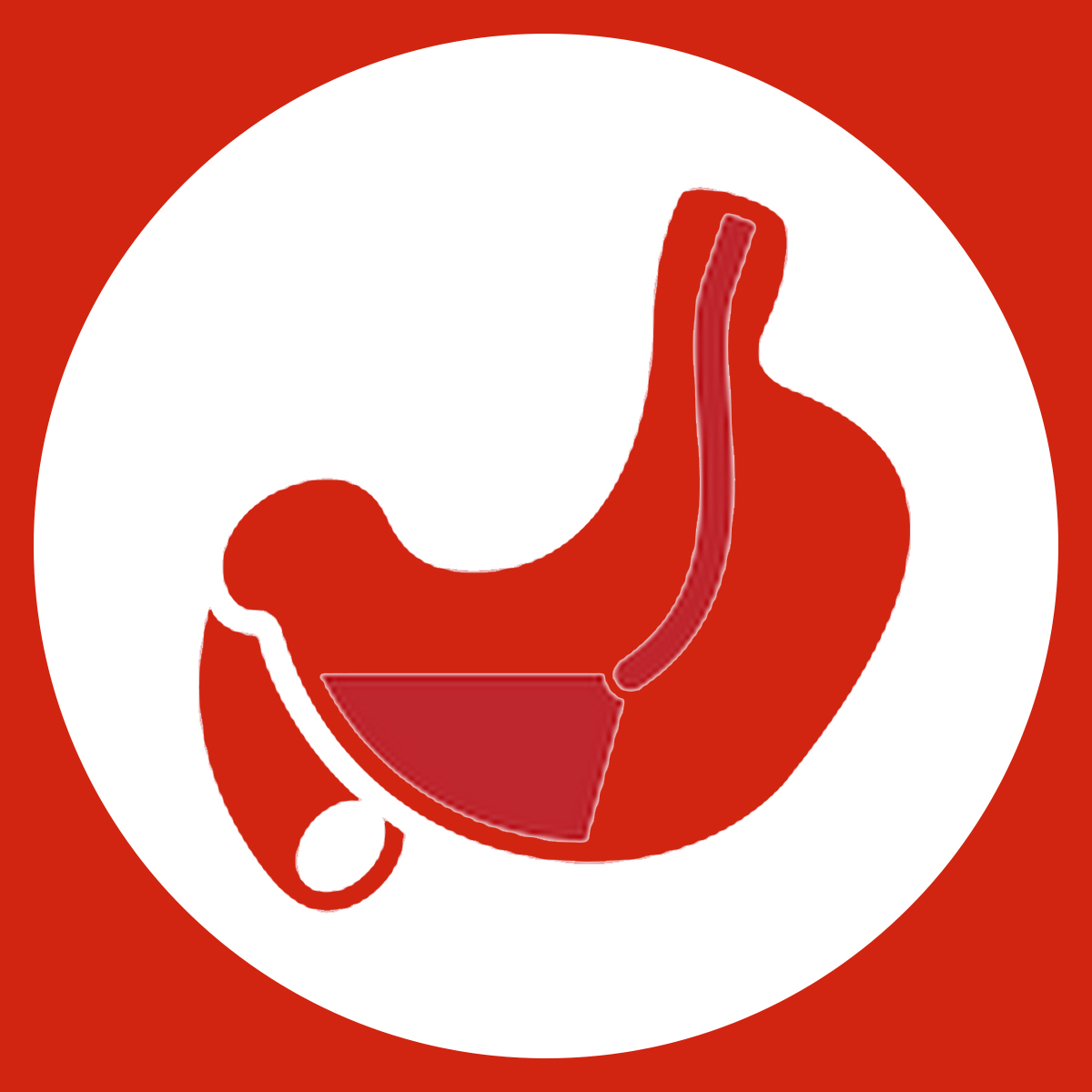
.jpg)
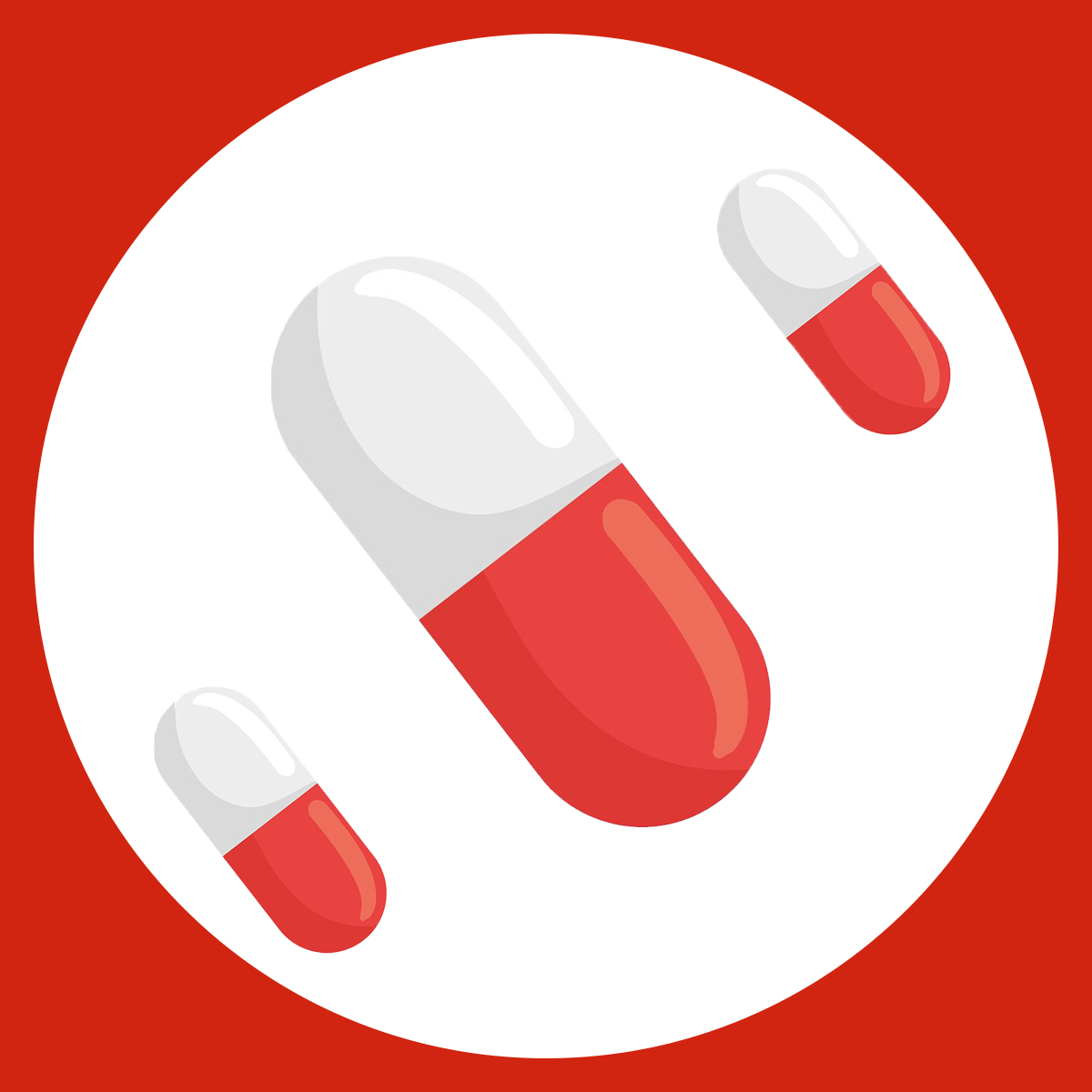
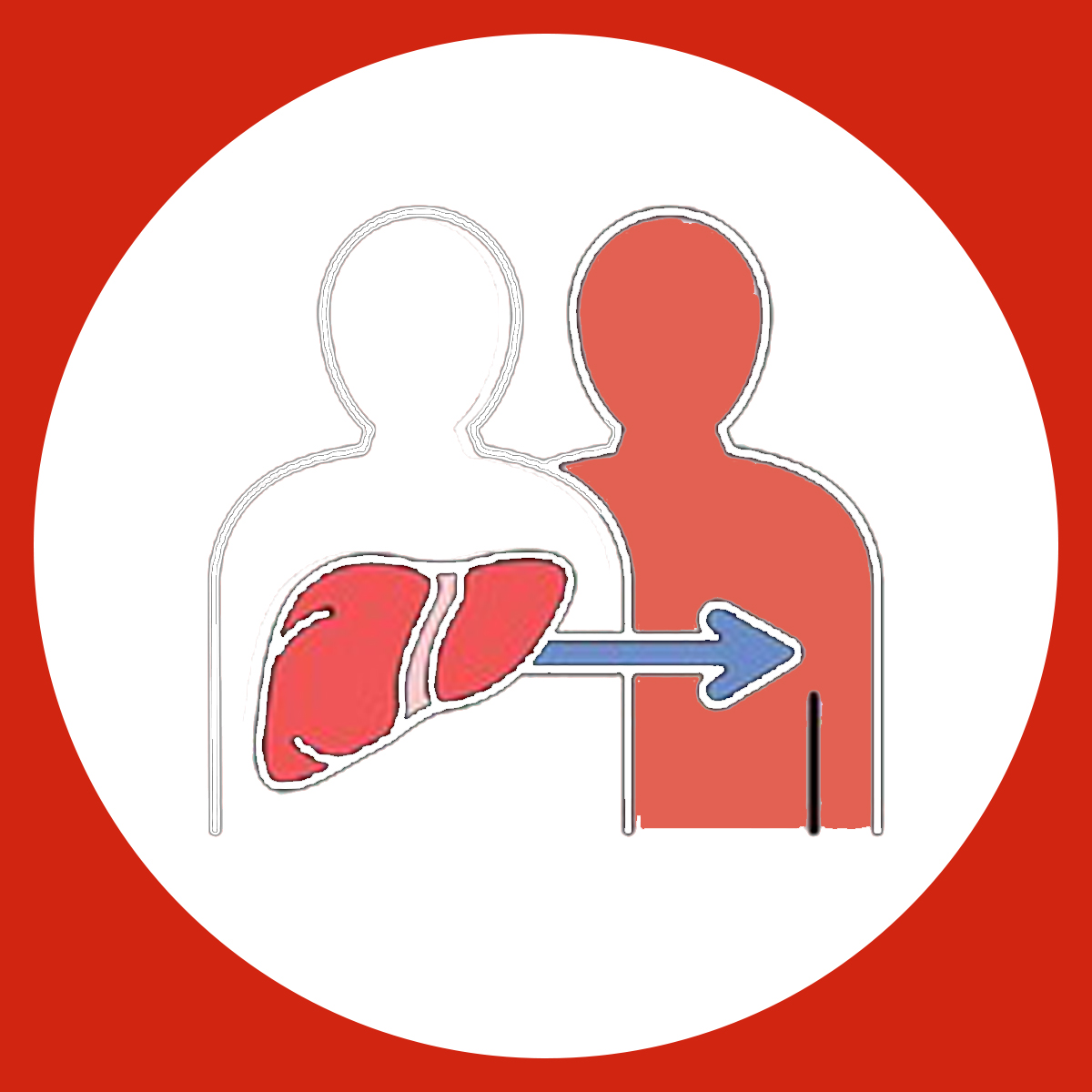

.jpg)




.jpg)

.jpg)




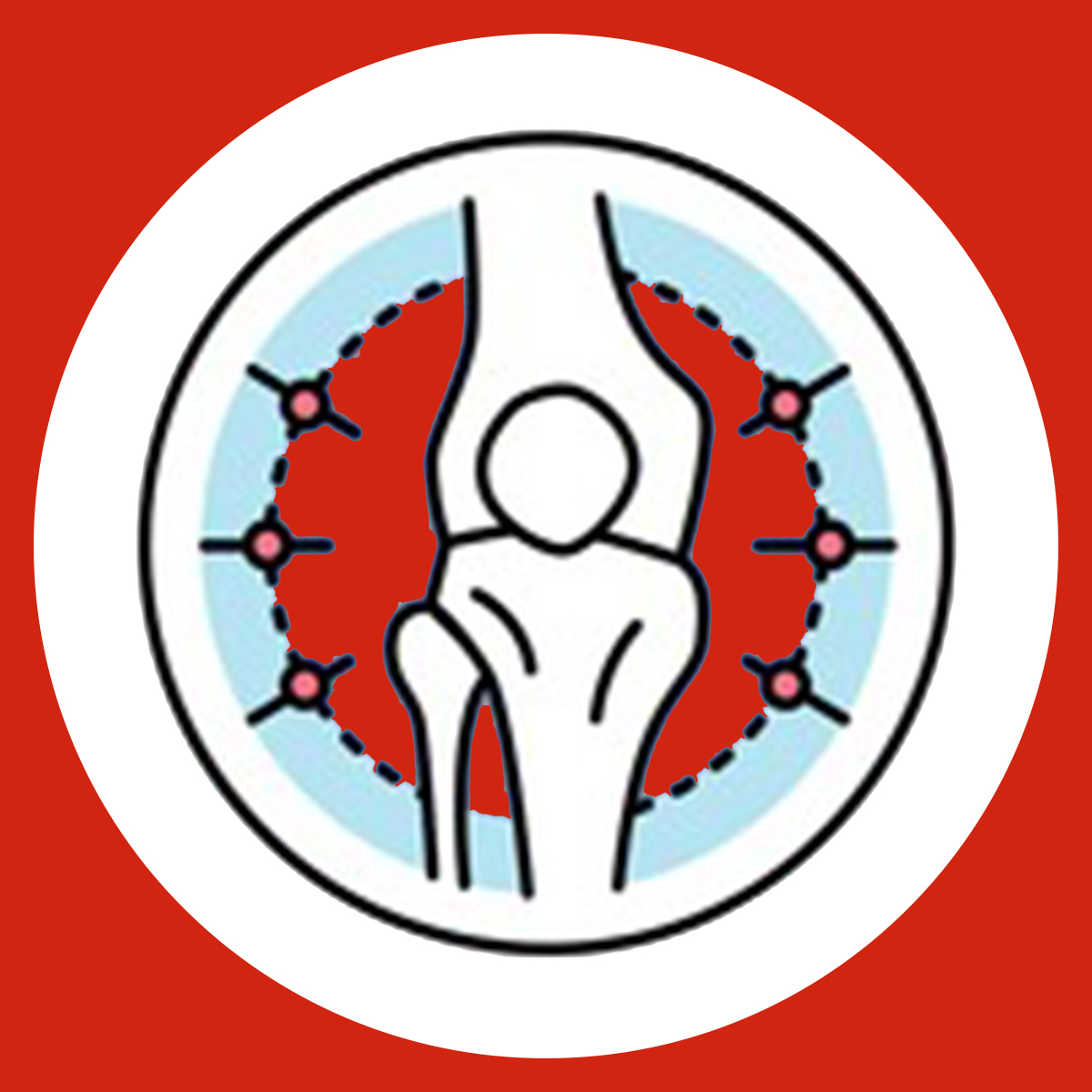


.jpg)
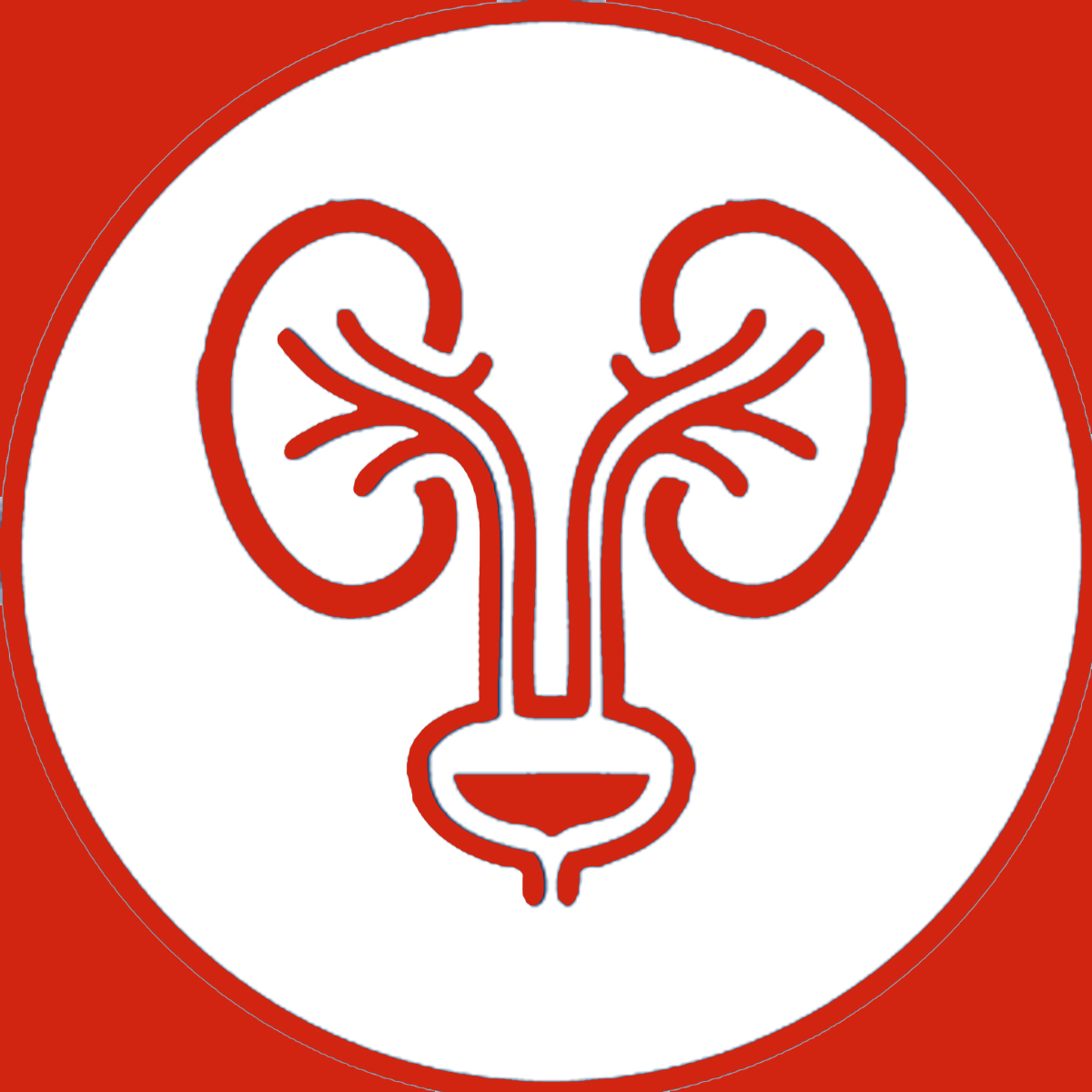

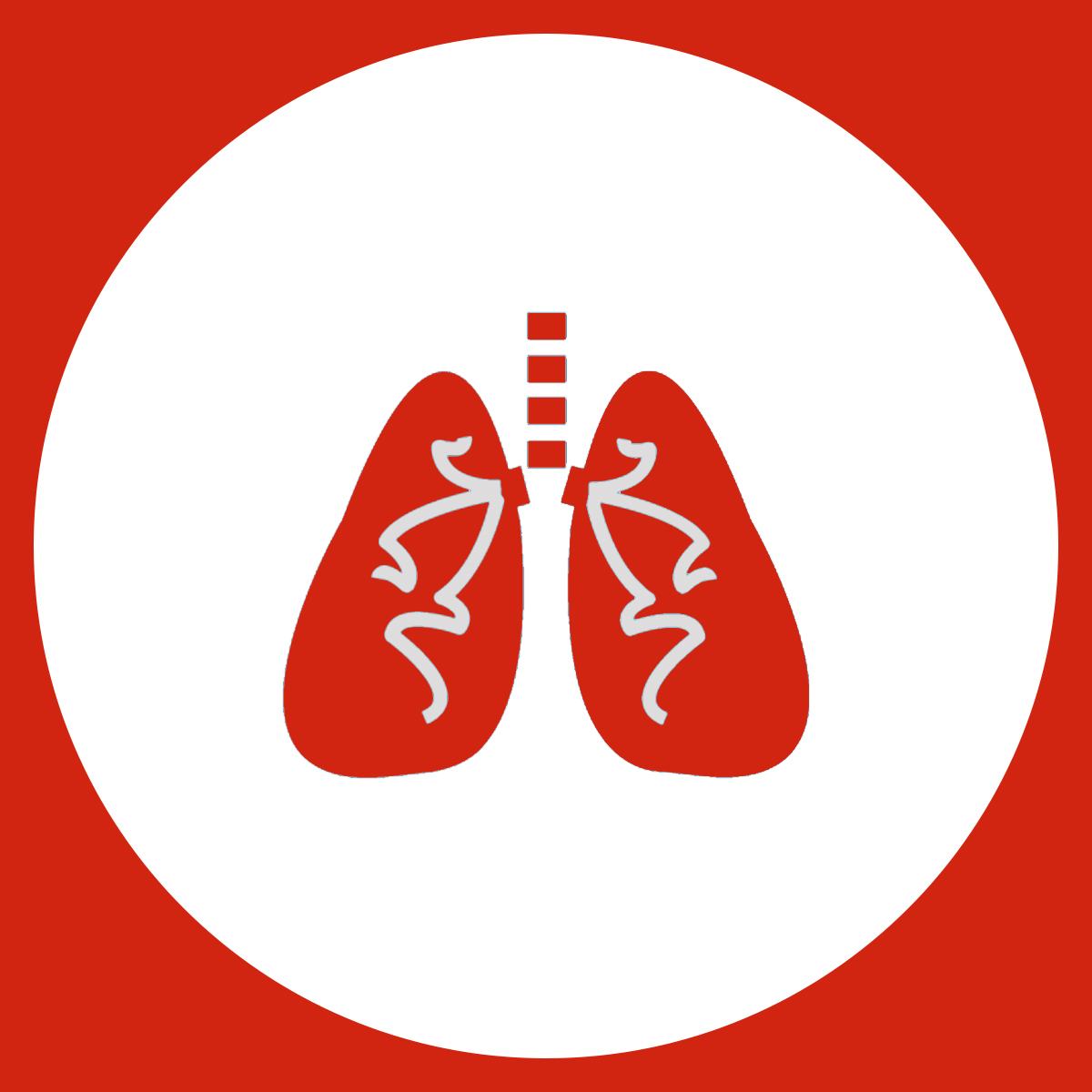

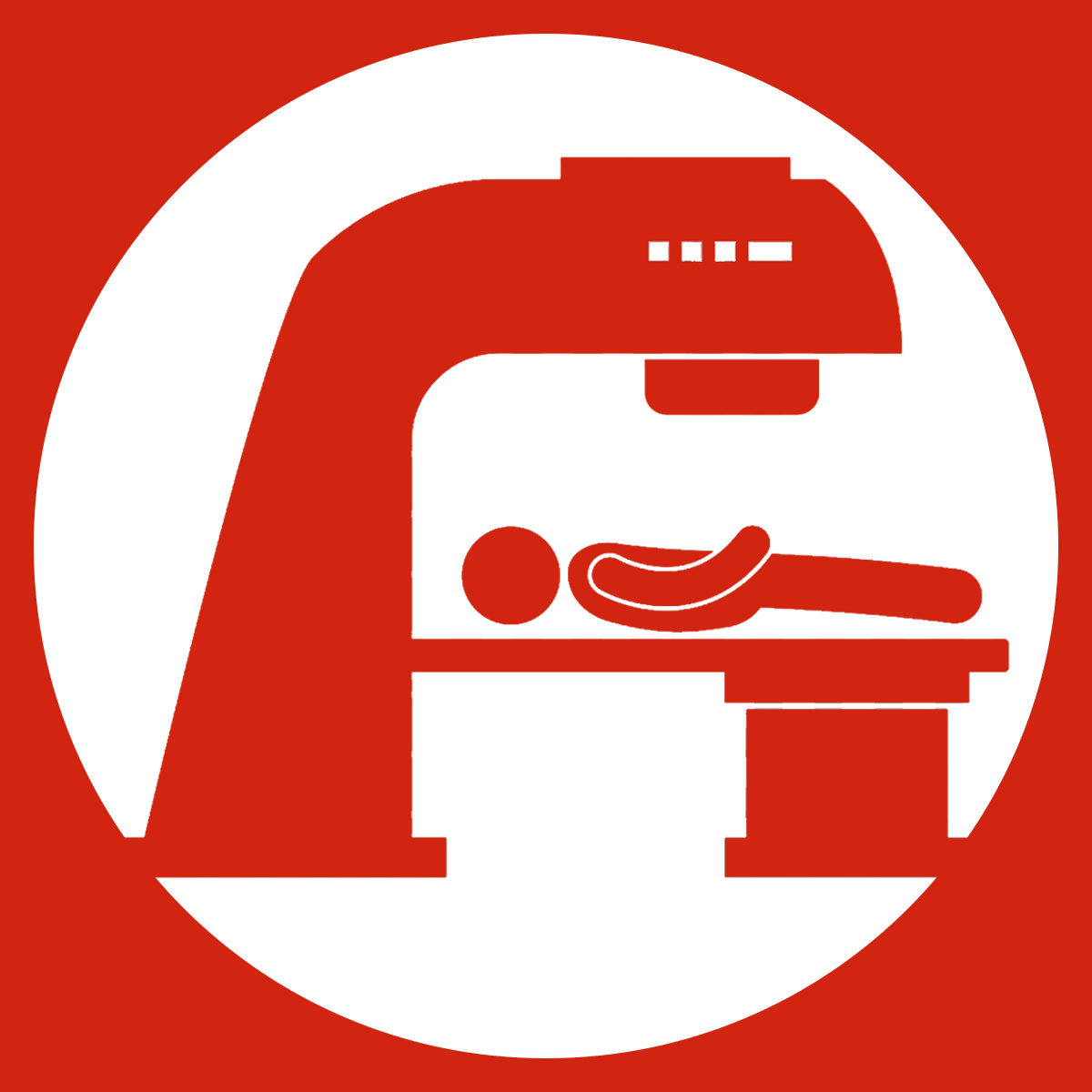



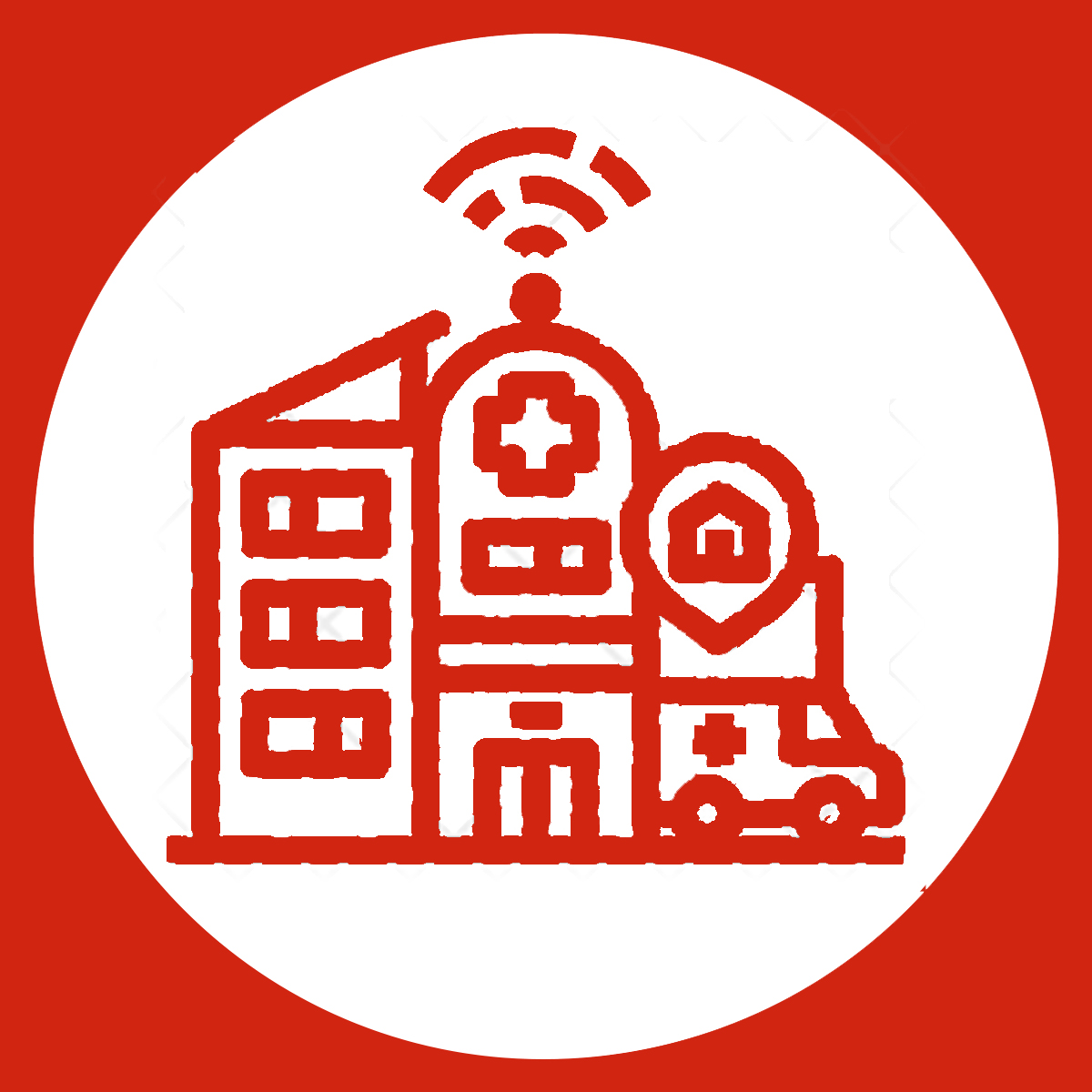

.jpg)



.jpg)

.jpg)
.jpg)
.jpg)
.jpg)


.jpg)


.jpg)

.jpg)

